Carpenter Ant Killer | Best Carpenter Ant Killer Solutions - Quick Results
Carpenter ants create nests in damp or decaying wood, but they can also infest dry wood. They do not consume wood but excavate tunnels and galleries to establish their colonies. These ants primarily feed on sugary substances, insects, and other small organisms.
When it comes to controlling carpenter ants, prevention is key. Addressing moisture issues and sealing entryways are crucial steps in preventing ants from entering your structure. However, if an infestation has already occurred, a more proactive approach is necessary.
Key Takeaways:
- Act quickly if you suspect a carpenter ant infestation to prevent damage to wooden structures.
- Identify and eliminate the nest(s) to effectively control the infestation.
- Preventative measures, such as addressing moisture issues and sealing entryways, can help prevent future infestations.
- Professional-grade products, such as Syngenta Ant Bait Gel and TERRO Outdoor Liquid Ant Baits, are recommended for effective control.
- Homemade remedies may provide temporary relief, but they are not as effective as professional-grade carpenter ant killer solutions.

How to Get Rid of Carpenter Ants - Effective Strategies
Proper identification is the first step in effectively treating a carpenter ant infestation. Carpenter ants can be easily identified by their large size, segmented body, and narrow waist.
Signs of a carpenter ant infestation include the presence of large ants, wood shavings or sawdust near their nest, and the sound of rustling within woodwork.
Locating and eliminating the nest(s) is crucial in controlling carpenter ant infestations. For small nests, you can directly apply aerosol or dust into the void. However, larger parent colonies may require baiting and spraying methods.
An effective treatment method involves a combination of bait and a time-release pesticide. Look for products containing fipronil, as they have proven to be effective against carpenter ants.
Place the bait along the ant trails and near suspected nest locations. Sprays can be applied around the perimeter of your home and in suspected infestation areas.
Dust-based insecticides, such as boric acid, can also be used for long-term control. They can penetrate cracks and wall voids to reach hidden nests.

While homemade remedies like a soap and water solution can act as a natural deterrent, they may not provide long-term control for carpenter ant infestations.
Conclusion
In conclusion, addressing a carpenter ant infestation promptly and effectively is crucial to protect wooden structures from significant damage. These pests have the potential to cause costly repairs if left untreated. The key to controlling carpenter ant infestations lies in identifying and eliminating their nests.
While some infestations may be manageable through DIY methods, seeking professional help is highly recommended in severe cases. Pest control experts have the knowledge and tools to locate and remove carpenter ant nests safely and efficiently.
Baiting and spraying are commonly used methods for carpenter ant control. Products like Syngenta Ant Bait Gel and TERRO Outdoor Liquid Ant Baits have proven to be effective in eliminating these pests. However, it is essential to follow the product instructions carefully to achieve optimal results.
Prevention is also crucial in avoiding future carpenter ant infestations. Addressing moisture issues in and around your property and sealing potential entry points can help deter these insects. It is advisable to use professional-grade products to ensure long-term control, as homemade remedies may only provide temporary relief.
Remember, acting swiftly and taking appropriate measures as soon as a carpenter ant infestation is identified can save you from extensive damage and costly repairs. Protect your property by implementing effective carpenter ant control methods and seek professional assistance when necessary.
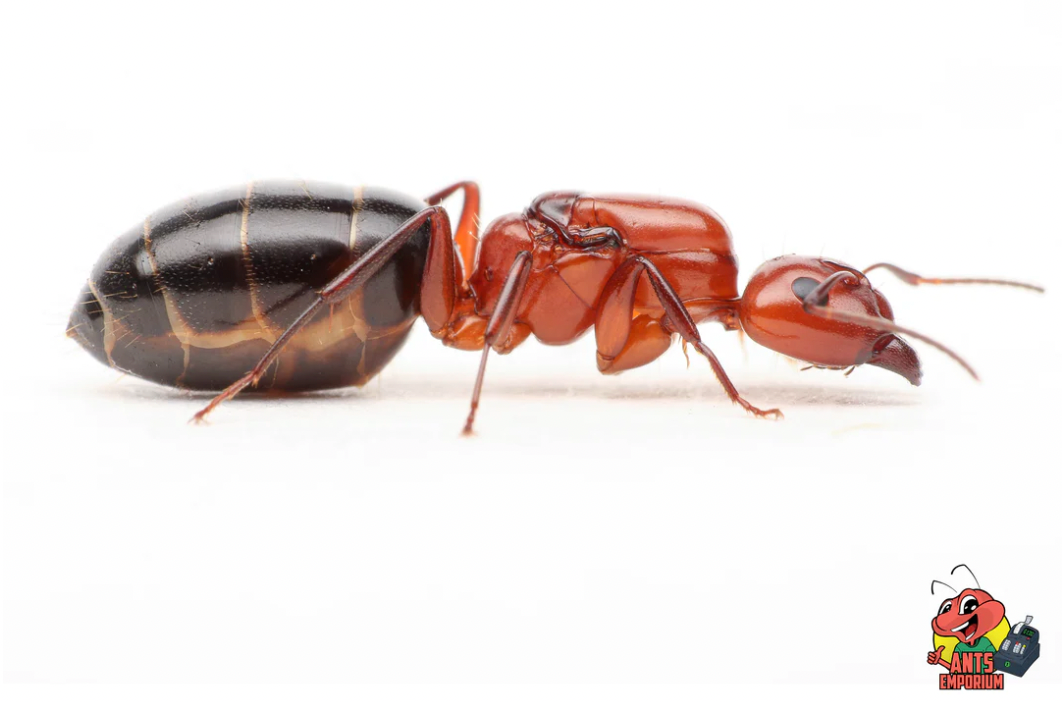

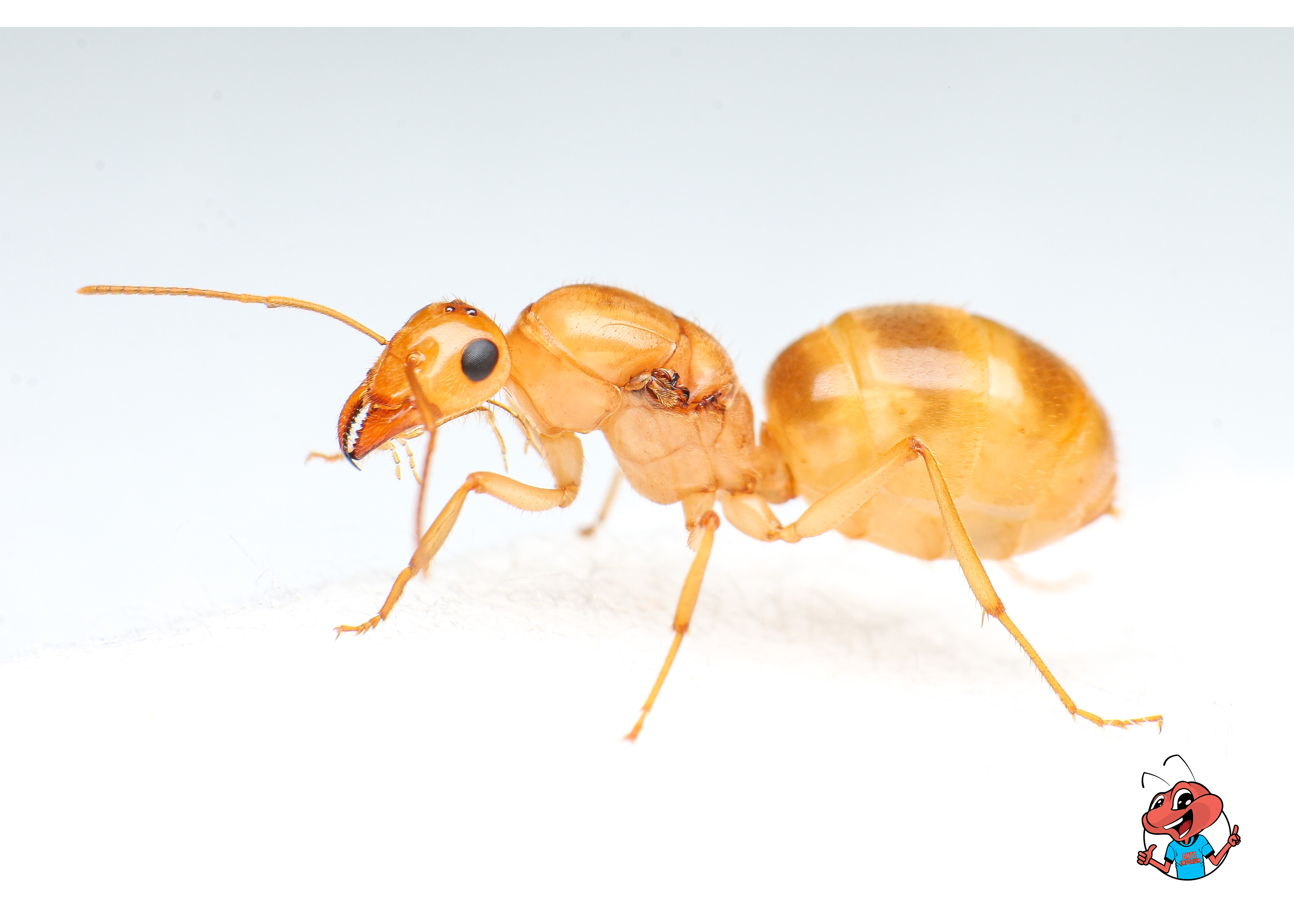
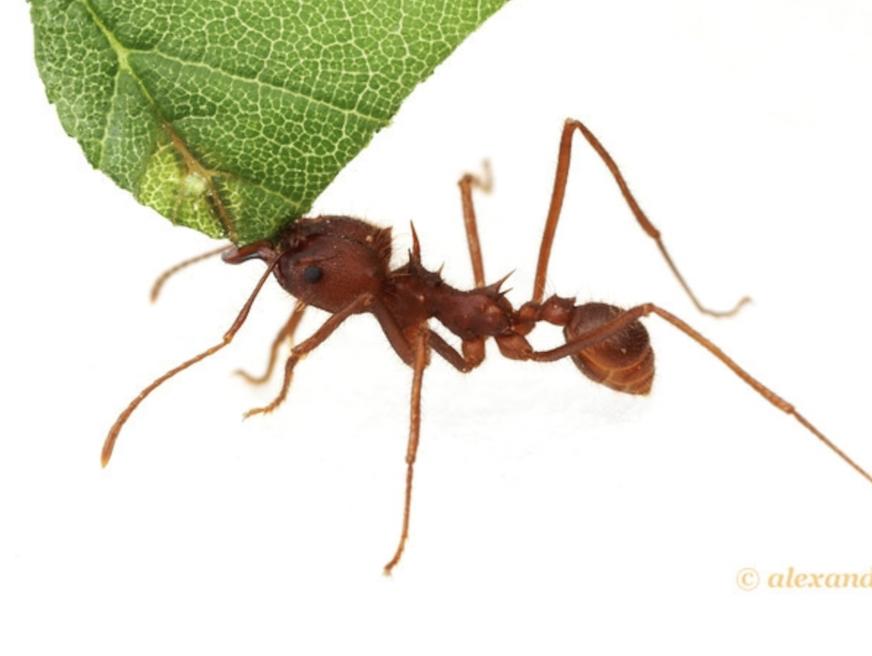
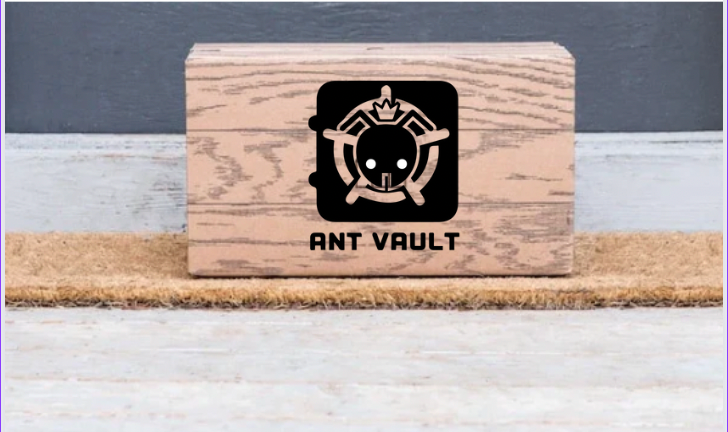


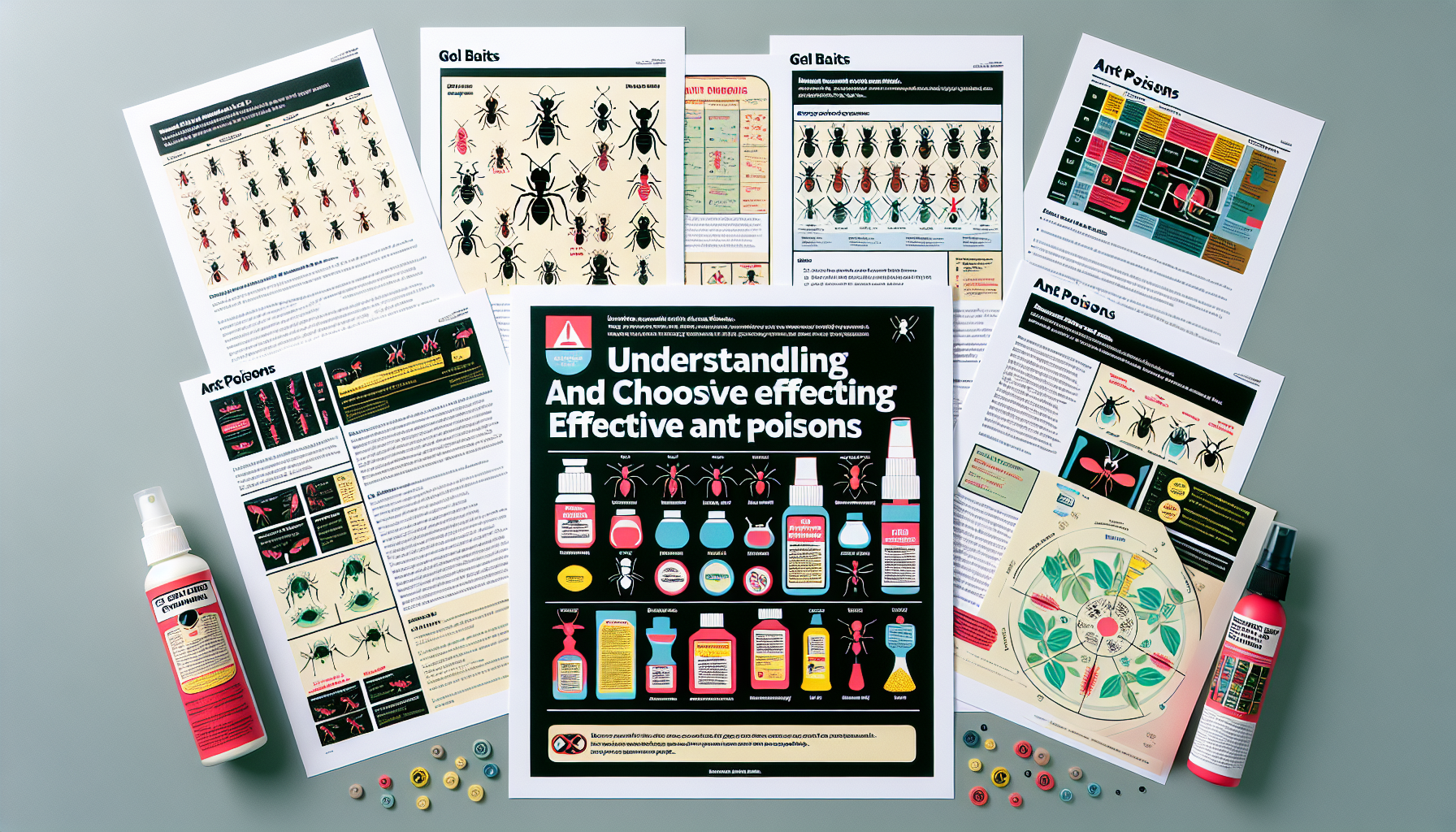
Leave a comment